Who can see your post?
Your post will show up in News Feed, on your profile and in search results.123,236 Global FRENCH Family Members
| Days | Hours | Minutes | Seconds |
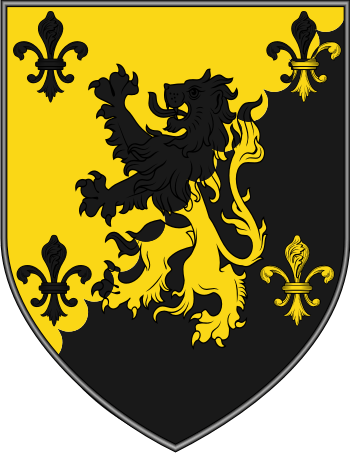
Sunday 9th November
2pm (New York), 7pm (Ire)
| Days | Hours | Minutes | Seconds |

Sunday 9th November
2pm (New York), 7pm (Ire)
Our in-person family gatherings
Our TEDx talk about family gatherings
FRENCH Family History
BALLYTORY Castle, near Tacumshane (Barony of Forth) was the principal residence of the French family whose ancestors were amongst the chief Anglo-Norman settlers in South Wexford They remained in Ballytory until dispossessed in the Cromwellian confiscations.
The origin of the name is French-man and is not, as stated by some authorities, of the same derivation as de Freyne, i.e. from the Latin fraxinus, denoting residence by an ashgrove.
The first record of the family in Ballytory is in 1324, when 'Franceys' held a quarter knight's fee there.
According to a pedigree of the family, he was the father of .Nicholas Frenshe, gentleman, who died January 31, 1328. The heir of Nicholas Frenshe held this fee c. 1425; he is probably the son of Matthew Frensshe who in 1416 was appointed coroner in County Wexford.
While Philip Franceys is the first of the names recorded at Ballytory in 1324, it is likely that an earlier tenant (in 1247) viz, "Hugh son of Martin was also a French. In 1374 Richard French was appointed deputy bailiff in Wexford and James French of Ballytory represented Wexford in parliament in 1376.
Batt Mr.
Burke's Peerage (1906) traces the ancestry of the Barons Ffrench of Galway and the Barons de Freyne of French Park, Co. Roscommon, to Walter French who migrated from Wexford and settled in Galway in 1425.
The most notable member of the Ballytory family was Nicholas French, who became Bishop of Ferns in 1645 and experienced the horror of the Cromwellian suppression in Wexford. He had to live 'on the run' in the woods north of the town till he went to France in 1651 to raise help which never came.Hy died in Ghent (Belgium) in 1678. His father was John French of Ballytory Castle who married Catherine Rossiter of Rathmacknee Castle.
The last proprietor in Ballytory before the Cromwellian confiscations was Nicholas French who is recorded in the Civil Survey as possessing 343 acres in Tacumshane parish in 1640. Ballytory eventually went to the Codd family and about 1800 John Codd roofed down the castle, incorporating it into the dwellinghouse.
Important branches of the French family settled at Grange and Vernegly, in Bannow, and Johnstown in Rathangan parish. It is not known precisely when, but they have their roots in the area since the early sixteenth century. Fr. Gregory Ffrench, S.J., who researched Family history, concluded that the Bannow Frenches are the continuation of the Frenches who were banished from Ballytory.
He bases this view on the fact that the earliest Bannow French on record was born in 1561, just at or shortly after the expulsion of the family from Ballytory. He was Walter French of Grange who died in 1701 at the advanced age of 140. On the other hand, Fr. French refers to a traditional view that the Frenches have been in Grange since the thirteenth century.
Laurence French, a great-grandson of Walter of Grange, fought at the Battle of Vinegar Hill in 1798. He rented the Farmhouse in Bannow from Mr. Boyse, the landlord, after it had ceased to be a school. A son, Peter, set out for Australia in his own sailing ship. After braving the rough seas and rounding the Cape of Good Hope, he arrived penniless in Sydney, sold his ship and bought a farm in New South Wales which he called ‘Vernegly’ after his home-place in Bannow.
Another son, Nicholas (born 1810), was chosen as the youngest farmer in Bannow to read the address of welcome to Tom Moore when the poet visited Bannow in 1835. He subsequently emigrated to California where he died in 1886.
A notable member of his family was Peter Ffrench, who lived at Harpoonstown (Mulrankin) and was M.P. for South Wexford from 1883 to 1918 when he was defeated by the Sinn Féin candidate, Dr. James Ryan. Fr. Gregory Ffrench, S.J. (died 1985) was his great-grandnephew
There is a long tradition of priesthood in the French families Wexford. Parish Priests named in Grattan-Flood's History of the Diocese of Ferns include Rev. James Nicholas French, Our Lady’s Island (1737-1763); Rev. John French, Kilrush (1815-1843) who was succeeded by his brother, Canon James French, who completed the church there and died in 1854.
In more recent times, Rev. Cornelius French was P.P. Of Monageer until his death in 1958, and Rev. James French was Superior of the House of Missions, Enniscorthy (1973-1979). Canon J. F. M. Ffrench, ,Protestant Rector of Clonegal, who died in March 1914, was a noted historian. He was an elected member of the Royal Society of Antiquaries of Ireland in 1889, and was a frequent contributor to antiquarian journals. He was a native of New Ross.
Lieut-Colonel George A. French, O.B.E., who died in 1978. bele to a family with a distinguished military record. He served in Palestine from 1936 to 1938. In World War II he commanded the 8th Battalion Manchester Regiment and later held other important commands. His father, Col. George French, C.M.G., was in command of the troops in Wexford at the time of the 1916 Rising.
in 1978, belonged William French, Glenville, Wexford (died 1947), owned an extensive coal and corn business, founded by his father, James French, Rowe St.. Wexford, who died in 1922. William was one of Ireland's leading golfers and played in international competitions in 1929 and 1932. He was captain of Rosslare Golf Club and a member of the Wexford Harbour Board and Chamber of Commerce. His brother. Desmond French, was one of the pioneers, with Dr. Tom Walsh, of the Wexford Opera Festival.
There are different ways of spelling the name. - French, Ffrench, ffrench - some say that 'ff' was the sixteenth and seventeenth century way of writing the capital letter. One scholar states: "The spelling of the name ffrench has always been variable'. He tells of finding the name spelt in four different ways in the deeds of one Galway family he studied, and concludes that the spelling is just a matter of usage in each family. appears mostly as French on the Bannow headstones, but some descendants used Ff.
The Ffrenches of Johnstown, Duncormick, always spelt their name that way. Martin, of this family, was a prominent National Leaguer in the 1880s.
Select Audience
-
Public
Anyone on or off Wales101 -
Friends
Your friends on Wales101 -
Specific
Only show to some friends -
Only me
Only you can see your post
Tag People
-
Kane William
-
John Micky
-
John william
-
John Smith
-
John
Create Life Event

French

French

John B French
Areas of Origin for FRENCH
Invite more FRENCH family members!
Write an email address and click 'Invite' to share this page with more members of the FRENCH tribe.
Log in or Register to invite others
Family Coat of Arms Generator
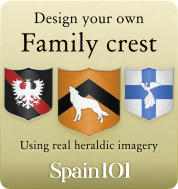
Why not see what your family crest could look like based on your own family characteristics?
Create CrestJoin the Irish Learning Rooms
Show off the FRENCH Family Crest…
Wear your crest with pride...plenty of products to choose from


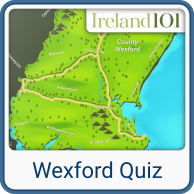
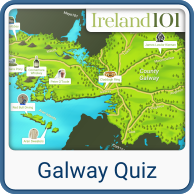

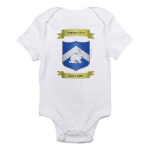
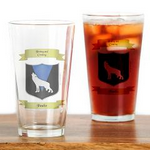
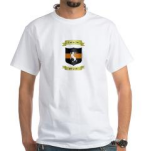
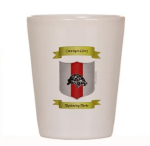
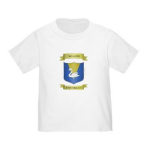
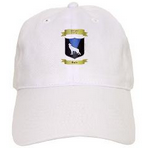
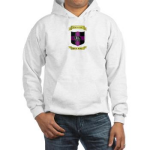
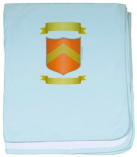
_(2).jpg)